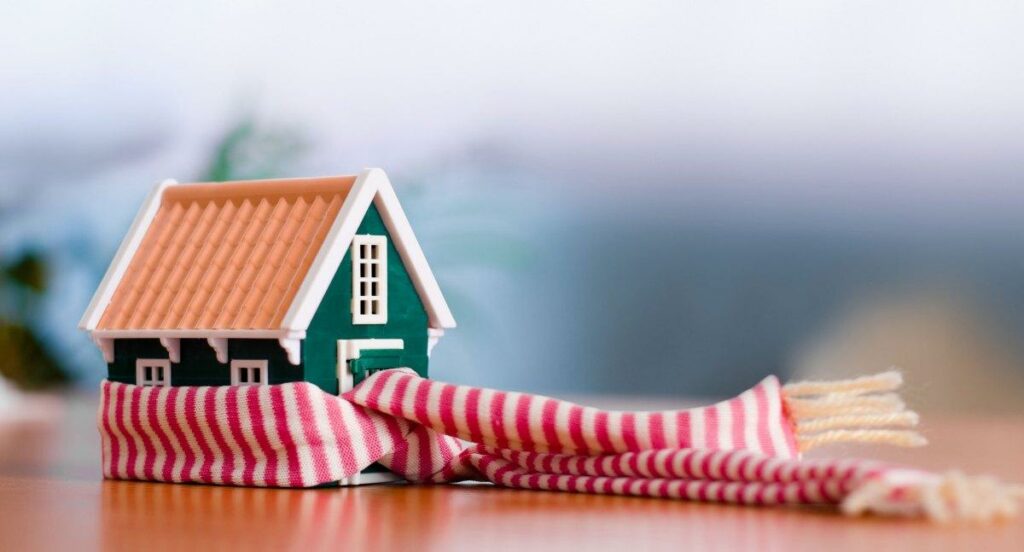How to Winterize Your Home

How to Winterize Your Home
The winter season is here and it’s time to prepare your home for cold weather. Winterizing your home can help you save money on energy bills, prevent expensive damage to your property, and make sure you have a warm, safe place to come back to when the snow starts falling.
That winterizing will mean a lot to potential buyers of your house when it comes time to sell. It will be a great selling point that can make you more money.
So if you’ve been wondering “What is my home worth?” then this article can help you figure that out. Here’s how to add value to your home by winterizing it.
Table of Contents
Insulate the home
Insulating your home can help reduce heat loss and keep your home warm during the winter. Start by adding insulation to your attic, as this is where a significant amount of heat can escape. You can also insulate your walls and floors to further improve the energy efficiency of your home.
There are several types of insulation available, including fiberglass, cellulose, and foam. Choose the type that is best suited for your needs and budget.
Seal air leaks
Air leaks around doors, windows, and other openings can let cold air in and warm air out, making your home less energy efficient. To seal these leaks, use weatherstripping or caulk to fill the gaps. Pay special attention to areas around your windows and doors, as these are common sources of air leakage.
Drain and store outdoor hoses
Disconnect and drain your outdoor hoses and store them inside during the winter to prevent them from freezing and bursting. If you have an in-ground irrigation system, be sure to drain and winterize it as well to protect it from freezing temperatures.
Protect pipes
Pipes can freeze and burst when the temperature drops below freezing, causing costly damage to your home. To prevent this, insulate your pipes with insulation sleeves or wrap. You can also let your faucets drip slightly to keep water moving through the pipes and prevent them from freezing.
Clean and maintain your heating system
Before the winter season, have your heating system inspected and cleaned by a professional to ensure it is in good working order. This will help ensure that your system is operating efficiently and safely, and will also help extend its lifespan.
Stock up on winter supplies
It’s always a good idea to be prepared for winter weather. Keep a supply of warm blankets, flashlights, and batteries on hand in case of a power outage. You should also have an emergency kit with non-perishable food, water, and other supplies in case of a winter storm.
Protect your home from winter storms
Trim tree branches that could potentially fall on your home during a winter storm, and make sure your roof is in good repair. If you live in an area that is prone to winter storms, consider installing a generator or making other preparations in case of a power outage.
Read More: Best Water Heater Blanket
Best Thermostat for Heat Pump with Auxiliary Heat
Lucas Noah, a distinguished writer with a Bachelor of Information Technology (BIT) degree, is currently making waves in the digital content sphere with his contributions to Creative Outrank LLC and Oceana Express LLC. His work on their websites showcases hi... Read more